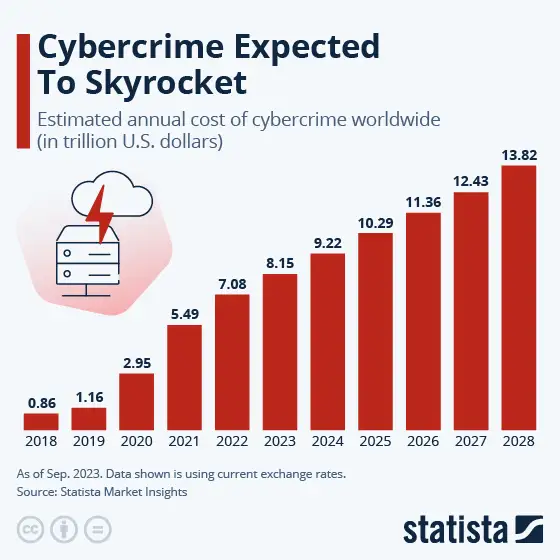Victims at both ends: The sophistication and the scaling of cybercrimes
The cybercrime industry is rapidly growing and highly profitable, with no end in sight for its expansion. Perpetrators can operate from anywhere in the world, safe from detection, as they lure unsuspecting targets into their well-planned exploitative scams. The industry has developed a complex network of services and employs sophisticated tactics to manipulate and deceive victims. Gone are the days of simple inheritance fraud; modern scams are meticulously designed, utilizing psychological manipulation and technical expertise to compel innocent individuals into transferring money.
One of the most prevalent and profitable scams currently is known as "pig butchering." It begins with a seemingly innocuous email claiming to be sent to the wrong address, and slowly draws the recipient into a conversation that can eventually turn into a false sense of friendship or even a fabricated love story. In a recent segment on John Oliver's show, he delves into the intricacies of this scam and reveals that victims come from all walks of life. The level of sophistication in this cybercrime method is apparent in multiple aspects:
- Rather than asking for direct money transfers, the victims are steered towards fraudulent cryptocurrency apps that have garnered numerous positive ratings on the Appstore. However, these apps lack proper monitoring and enforcement measures to prevent scams. The fake apps lure victims with promises of high returns, persuading them to invest more funds. They even simulate rising profits within the app to maintain their facade.
- Scam factories in Myanmar (as reported by Deutsche Welle) have developed clever methods to trick people into applying for fake jobs and then forcing them into modern-day slavery. This often involves bringing people from other countries under false pretenses.
